Iran-US prisoner swap, JCPOA revival tied to Washington’s political will
By Mojtaba Darabi
Upon his return home late last month, the toll of five years spent in dark dungeons in Germany and Belgium was evident on his weathered face.
His sunken eyes and weary looks spoke volumes of the hardships he endured in captivity.
The unkempt gray facial hair and worn-out skin bore witness to his trials and tribulation, while his measured steps revealed the lasting effects of imprisonment in an alien land.
Still, a smile of unbreakable determination and a feeling of triumph graced his lips -- a testament to the resilience and inner strength he discovered during those arduous years languishing behind bars.
Assadollah Assadi, an Iranian diplomat who had been sentenced to 20 years in jail in Belgium on bogus charges, returned home on May 26 following his release after five years of incarceration.
He was released as part of a prisoner swap deal facilitated by Oman. In exchange, Iran released a Belgian spy Olivier Vandecasteele who had been arrested in February 2022.
In the intricate world of international diplomacy, prisoner swaps have often emerged as a compelling tool to build trust and foster goodwill between nations.
As negotiations between Iran and world powers to salvage the Joint Comprehensive Plan of Action (JCPOA), commonly known as the Iran nuclear deal, drag on endlessly, the potential for a prisoner swap deal between the two sides offers a glimmer of hope for a breakthrough in reviving JCPOA.
The multilateral diplomatic efforts to revive the 2015 agreement have been stalled since last August mainly due to the policy of procrastination and lack of political will shown by Washington.
Former US President Donald Trump unilaterally pulled out of the UN-endorsed agreement in May 2018 and reinstated sanctions under what he called a "maximum pressure" campaign against Iran.
While the marathon negotiations between Iran and the remaining signatories to the deal have faced numerous hurdles, a prisoner swap agreement could inject fresh impetus into the process.
Prisoner swap as a goodwill gesture
The concept of exchanging prisoners as a gesture of goodwill and trust-building is not new. In fact, Iran and the United States have conducted prisoner exchanges twice in the past as well, once in January 2016 when the JCPOA was implemented, and again in December 2019.
The previous exchanges, seen as separate diplomatic breakthroughs parallel to nuclear negotiations, aimed to de-escalate tensions between the two countries.
Oman, a small but strategically positioned country located on the southeastern coast of the Arabian Peninsula, has emerged as a key mediator in facilitating indirect talks between Tehran and Washington to salvage the nuclear accord and lift sanctions.
Iran's foreign ministry spokesman, Nasser Kanani, during his weekly press conference on Monday, emphasized that the talks were not secret and welcomed the Omani side’s efforts.
A significant aspect of Oman-mediated talks pertains to the possibility of a prisoner swap between Iran and the United States, as was evident from the top Omani diplomat’s remarks earlier this week.
Albusaidi was quoted as saying by Al-Monitor Wednesday that Iran and the United States are close to finalizing a deal on the release of prisoners.
Oman's foreign minister Sayyid Badr Albusaidi also observed a sense of determination from both sides even as negotiators strive to find common ground on the nuclear file.
Kanaani also indicated that such an agreement could be reached in the near future, contingent upon Washington demonstrating a similar level of seriousness as Tehran.
This comes as the Leader of the Islamic Revolution Ayatollah Seyyed Ali Khamenei has clearly underscored the importance of preserving and fortifying the country's nuclear infrastructure.
Ayatollah Khamenei in remarks on Sunday said while reaching agreements is not inherently wrong, it is crucial to ensure that Iran's nuclear infrastructure remains untouched.
This stance reiterates Iran's determination to maintain its nuclear capabilities while seeking a path forward in diplomatic engagements with the West, provided the efforts are reciprocated in good faith.
The world watches with anticipation as intricate negotiations unfold, hopeful that the discussions held in Oman can serve as a catalyst for the revival of the 2015 deal and the lifting of sanctions.
Changing regional, global dynamics
However, it is crucial to acknowledge that the international landscape and the balance of power have significantly transformed since the signing of the landmark nuclear deal in 2015.
The dynamics at play now are shaped by different equations and bargaining powers, demanding a fresh approach and innovative solutions to address the complex issues at hand.
The most significant development is a series of reconciliations between countries in West Asia, including the Islamic Republic of Iran and the Kingdom of Saudi Arabia.
Saudi Arabia, after almost seven years, restored diplomatic ties with Iran. On Saturday, Saudi foreign minister Prince Faisal bin Farhan made his first official visit to Tehran since rapprochement; days after Iran reopened its diplomatic missions in the Arab country.
This regional diplomacy drive reflects a shifting landscape and the emergence of a new order in West Asia, where Iran as a regional power seeks to strengthen its ties with other countries.
Noteworthy reconciliations have also taken place between Egypt, Turkey, and Qatar, while the Arab League has welcomed Syria back as a member after over a decade of isolation.
Moreover, media reports have also highlighted the potential for a détente between Iran and Egypt following the visit of Oman's Sultan Haitham Bin Tariq to both nations.
This visit was seen as an effort to broker a reconciliation and foster improved relations between the two countries. As these diplomatic breakthroughs unfold, the region is seeing a recalibration of alliances and realignment of interests, suggesting a transformative period in West Asian geopolitics.
In this changing geopolitical landscape, Iran's display of goodwill in engaging in diplomacy has been clearly evident. In May, Tehran and the International Atomic Energy Agency successfully resolved two cases related to Iran's nuclear program through technical negotiations, as reported by IRNA.
The issues, which were based on forged documents provided to the UN agency by the Israeli regime, were resolved for good, signifying a commitment to cooperate in a more transparent manner.
US continues to procrastinate
Meanwhile, US Secretary of State Antony Blinken has refuted reports suggesting that the US and Iran are nearing agreements on reviving the 2015 accord and swapping prisoners.
Blinken stated on Friday that the reports are inaccurate and not true, emphasizing that no such agreements have been reached, demonstrating yet again the blatant duplicity in US behavior.
The comments came in response to a Reuters report, which indicated that talks between the two sides were underway to outline steps that could potentially revive the deal, release prisoners, and unfreeze Iranian assets abroad.
These steps, if taken, would be presented as an "understanding" rather than a formal agreement requiring congressional review, the report said.
In a separate report on Friday, Nour News, a news publication close to Iran's Supreme National Security Council (SNSC), said that there have been positive signals from the White House indicating a potential shift in approach towards Iran in recent months.
However, the website did not express optimism about a swift agreement on nuclear matters, highlighting that the speculation in the American media reflects the US administration's intention to convey positive signals and reengage in negotiations.
The report added that the change in approach from the United States can be attributed to Iran's proactive and effective political, security, regional, and legal measures.
The report went on to suggest that Iran's continued cooperation with the UN nuclear agency, successful management of recent foreign-backed riots, and efforts to diffuse regional tensions have played a crucial role in influencing the shift in the US stance.
Despite challenging circumstances, Iran has demonstrated its political will and determination. The recent prisoner exchange with Belgium facilitated by Oman and ongoing negotiations for the revival of the nuclear deal and lifting of sanctions highlight Iran's commitment to diplomacy.
Regardless of the outcome, Iran will continue to march ahead with faster speed and greater strength, expanding ties with regional countries and pursuing its interests with unwavering resolve.
Mojtaba Darabi is a Tehran-based journalist.
(The views expressed in this article do not necessarily reflect those of Press TV.)
Leader: Iran has no proxy forces in West Asia
US fighter aircraft shot down ‘in friendly fire’ amid aggression on Yemen
Yemeni FM: Israel’s sponsors accountable for ongoing aggression on Sana’a
Eight Palestinians killed as Israel attacks Gaza school, hospitals
VIDEO | Rome, Milan host new protests in solidarity with Palestinians
Dec. 21: ‘Axis of Resistance’ operations against Israeli occupation
Spain jurists demand ties with Israel ties be cut
VIDEO | Press TV's news headlines


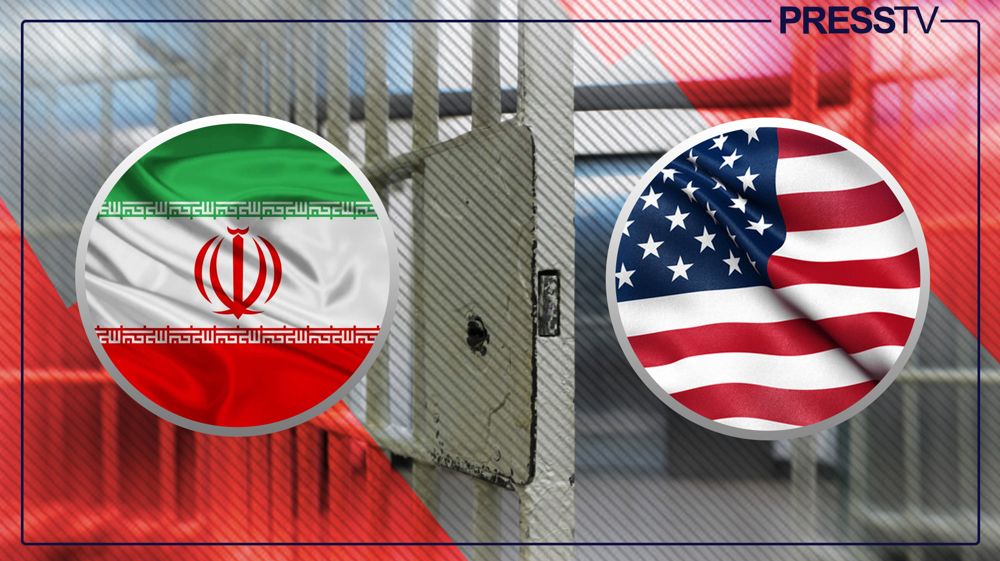

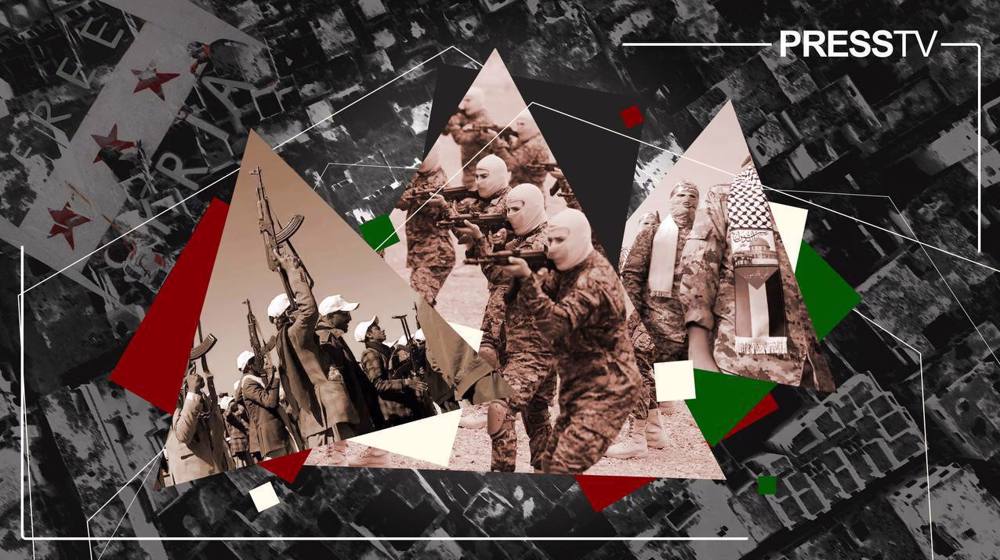
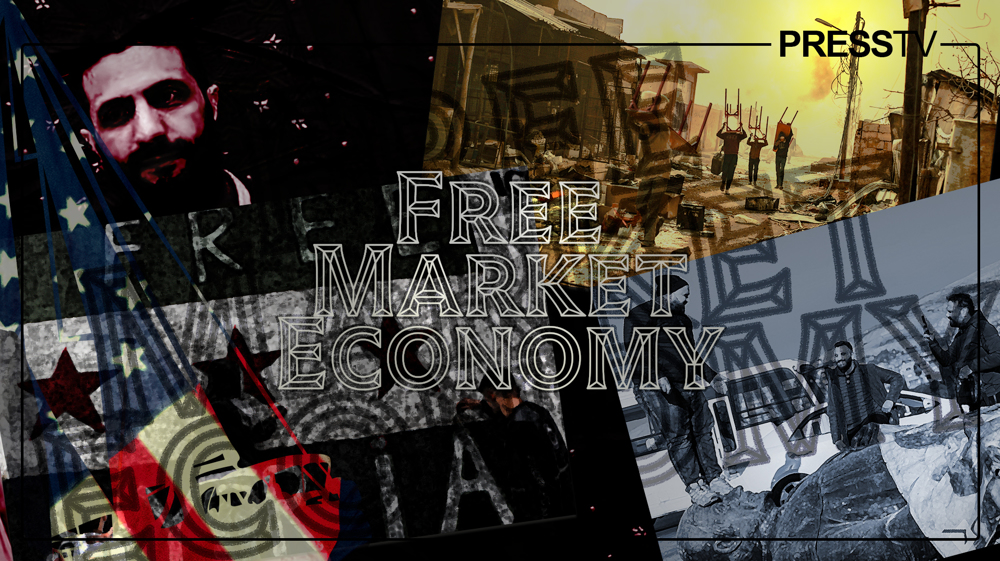



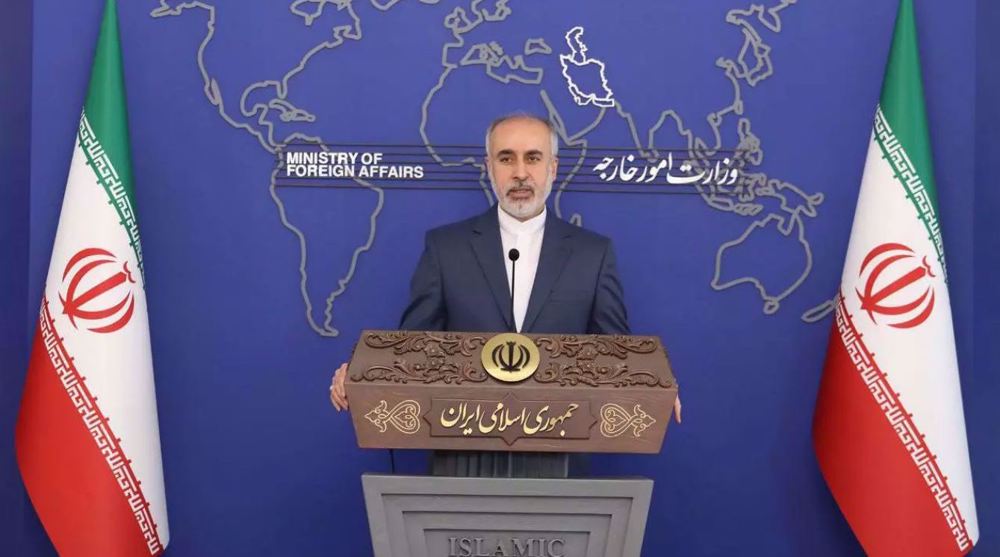
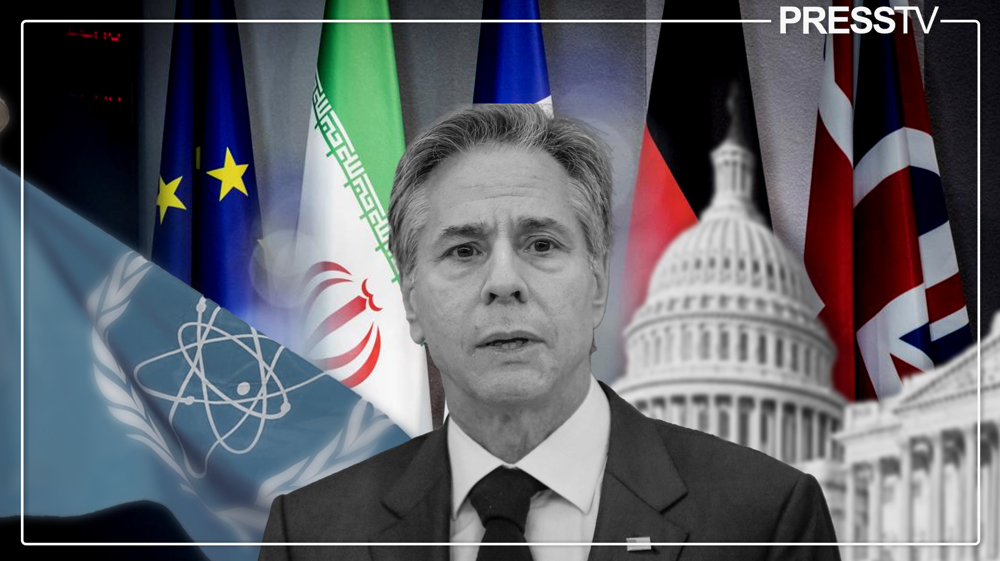
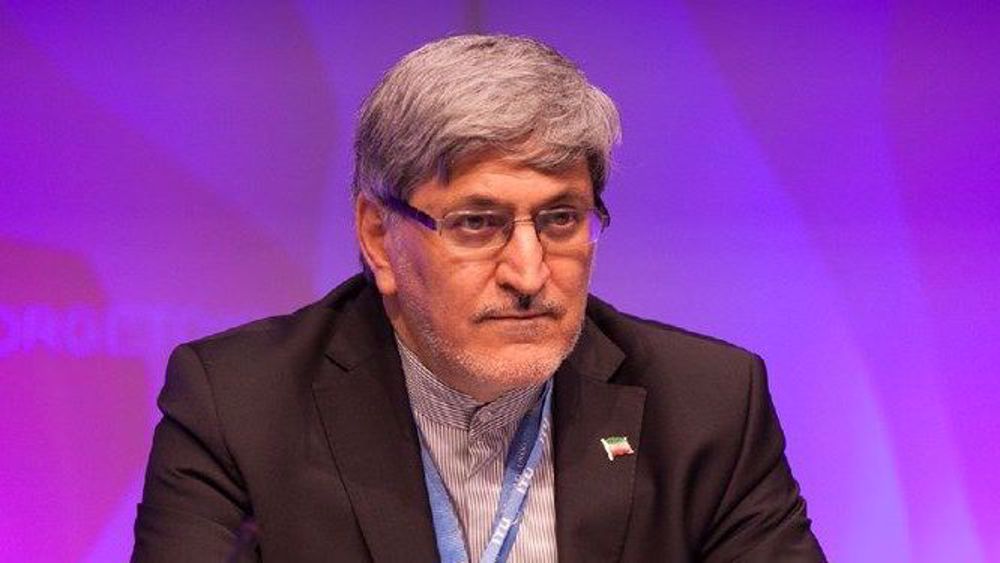
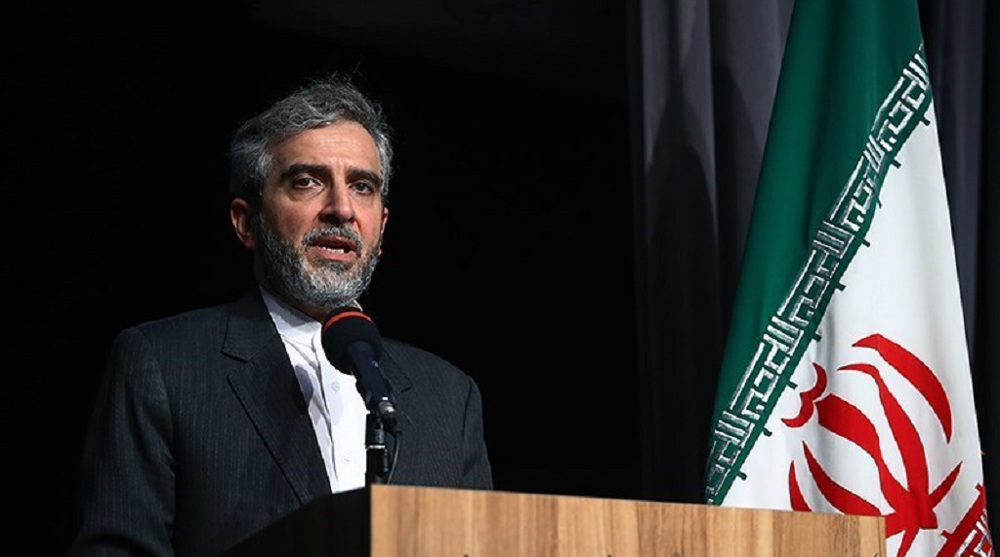
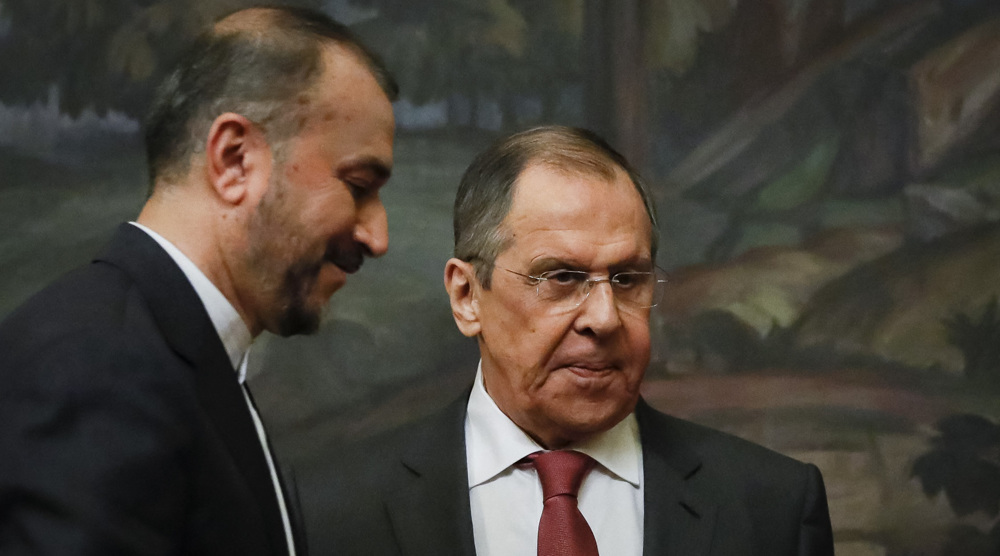

 This makes it easy to access the Press TV website
This makes it easy to access the Press TV website